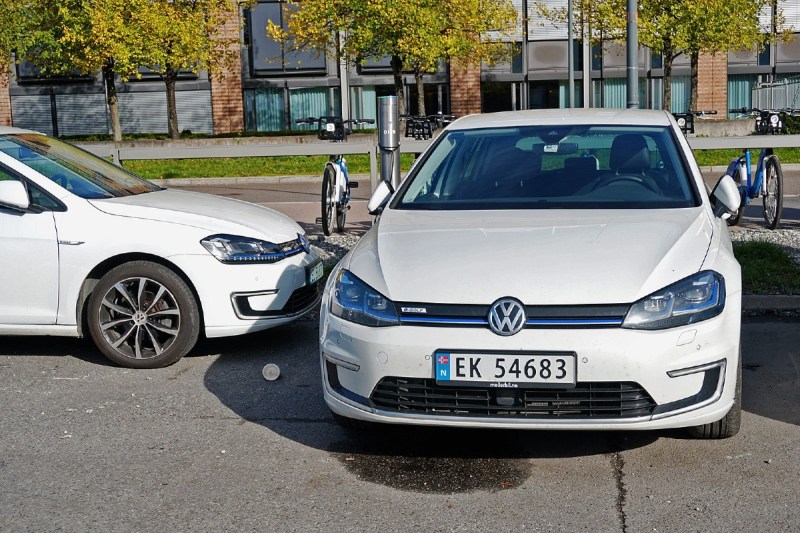It’s not quite the $200 billion-plus speculated by fevered investors in February, but the announcement that Volkswagen will bring storied sports car maker Porsche public will still bring in a massive influx of cash into the German auto group.
Following speculation stewing since VW and the Piëch and Porsche families confirmed a preliminary agreement to look at an initial public offering in February, Volkswagen will release public shares of Porsche for the first time, instigating what might turn into the largest public stock offering in German history and the biggest European stock sale in over 20 years, according to the Robb Report.

Though the date is not yet set in stone, Volkswagen already has plans on where it will direct an anticipated $59.6 billion to $84.5 billion in cash. Half the proceeds will go to shareholders as a special dividend and thank you from VW in early 2023. The majority of the remaining proceeds go toward developing and manufacturing more Volkswagen electric cars. The German automaker has stated plans to spend $88.4 billion on developing EVs, batteries, and software over the next five years.
VW has not been idle during that time, instead sparking EV sales and expanding deliveries year-over-year by about 27% since the second quarter 2021, according to Forbes. While EVs still only account for about 6% of Volkswagen’s total sales volume, the German giant certainly has the infrastructure to scale up. The company’s vast brand range should give consumers considerable choice as EV models standardize in the next few years. Volkswagen’s aim is for EVs to amount to a quarter of its sales by 2026.
In May, Volkswagen Group reported a backlog of 300,000 EV orders in Western Europe alone. Most buyers won’t receive these electric cars until next year, a company spokesperson told CNN Business. The carmaker already sold more than 99,000 EVs in the first quarter, which was up 65% from quarter one in 2021. In total in the first half of 2022, Volkswagen Group delivered 217,100 fully-electric vehicle sales. The most popular VW EVs include the ID.3 and ID.4 models, and the Audi e-tron.
To fund this investment, Volkswagen will sell 25 percent of Porsche, with an even split between voting and preferred non voting shares, as reported by The Wall Street Journal. While Volkswagen will retain 75 percent ownership of Porsche, voting shares will give Porsche heirs greater control over the company and its board going forward. The shares without voting rights will be floated, while the rest will be sold to the automaker’s heirs, the Porsche and Piëch families.
Reuters reported that VW published an “intention to float” for the IPO beginning in late September or early October with an end-of-the-year wrap-up. This includes an addendum that the timing and listing will be “subject to further capital market developments.” This is not out of concern for a floundering company. Porsche 2022 retail sales in the U.S. are up 2.8% on the year, despite inclement economic conditions. Supply chain issues, escalating energy concerns, rising food costs, increasing interest rates, the continued conflict between Russia and Ukraine, etc. led VW to hedge its bets on when Porsche stock will be released on the Frankfurt Stock Exchange.



